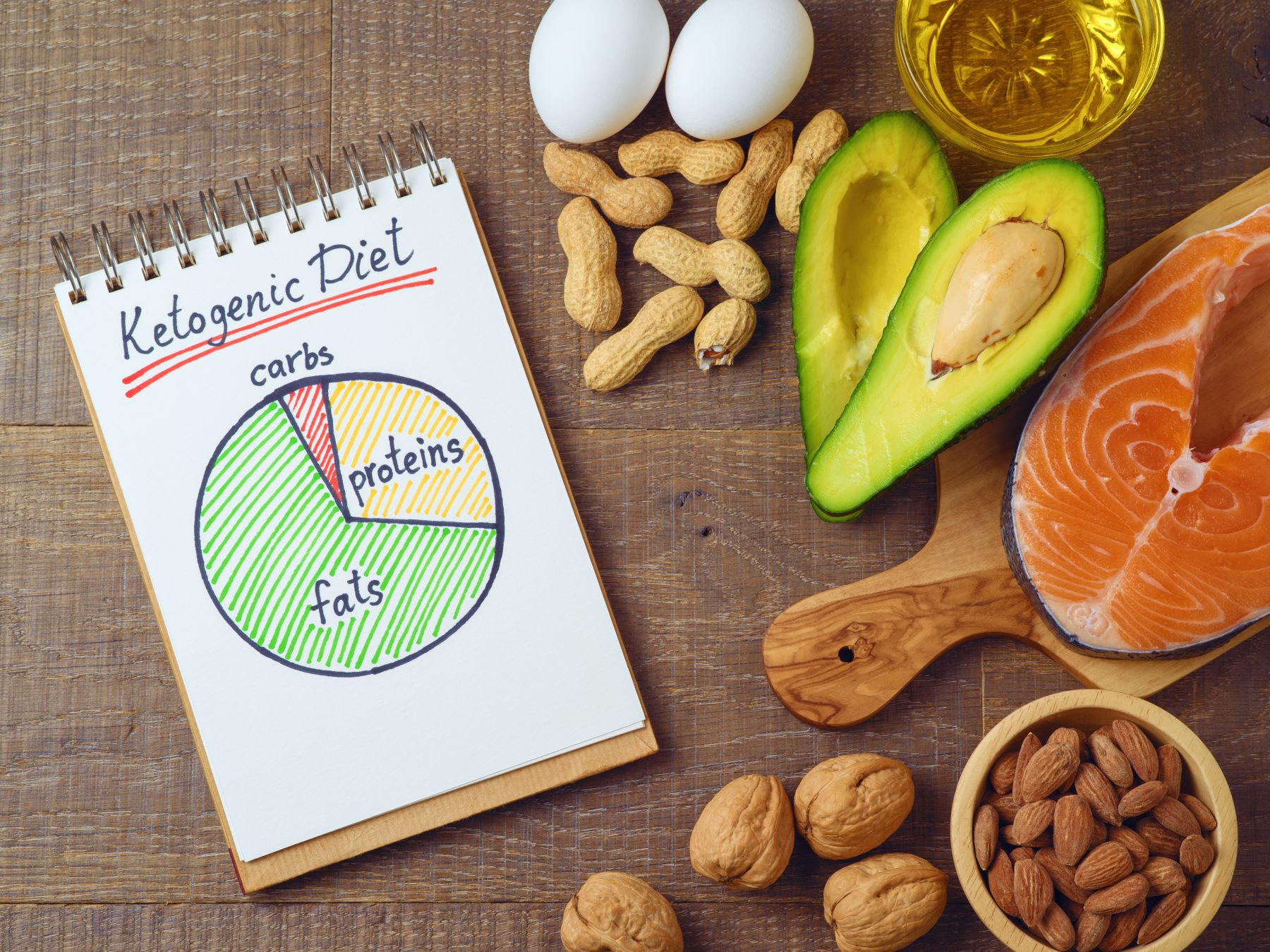
EP 58: The Ketogenic Diet
In the 2nd episode of the Ketogenic Lifestyle, Dr. Agolli is joined again by Dr. David Jockers to discuss:
- The ketogenic diet
- The types of foods you can eat
- The types of recipes you can
The ketogenic diet is a low-carb, high-fat diet that offers many health benefits. It can help you lose weight and improve your health. In fact, research shows that the ketogenic diet may be as effective for weight loss as a low-fat diet. Ketogenic diets may even have benefits against diabetes, cancer, epilepsy, and Alzheimer’s disease34.
The keto diet can help you feel full and reduce appetite. It can also improve insulin sensitivity which can help improve fuel utilization and metabolism3. The high-fat, moderate-protein content can also help with appetite control which is often a challenge on traditional low-calorie and low-fat diets making these diets more difficult to stick to.
However, it’s important to note that the keto diet may not be suitable for everyone. It’s always best to consult with your doctor before starting any new diet plan.
Some foods that you can eat on a ketogenic diet include animal proteins such as fish and shellfish, meat and poultry, eggs, dairy products such as cheese, plain Greek yogurt and cottage cheese. Vegetables such as cauliflower, broccoli, cabbage, zucchini, spinach, asparagus, kale, green beans and Brussels sprouts are also keto-friendly. Nuts and seeds are also ketogenic diet staples4.
It’s important to note that some shellfish contain carbohydrates which people on a ketogenic diet should take into account when eating these options4. Also, some vegetables such as carrots and sweet potatoes are high in carbohydrates and should be avoided.
Here are some foods you should avoid on a ketogenic diet:
Grains and grain-based foods – wheat, corn, rice, pasta, granola, cereal, etc.
Beans and legumes
Most fruits
Starchy vegetables (including sweet potatoes, potatoes, and most winter squash)
Sugar (natural, calorie-free sweeteners like stevia and erythritol are OK)
Milk and low-fat dairy
Factory-raised meat and animal byproducts and processed meats.
